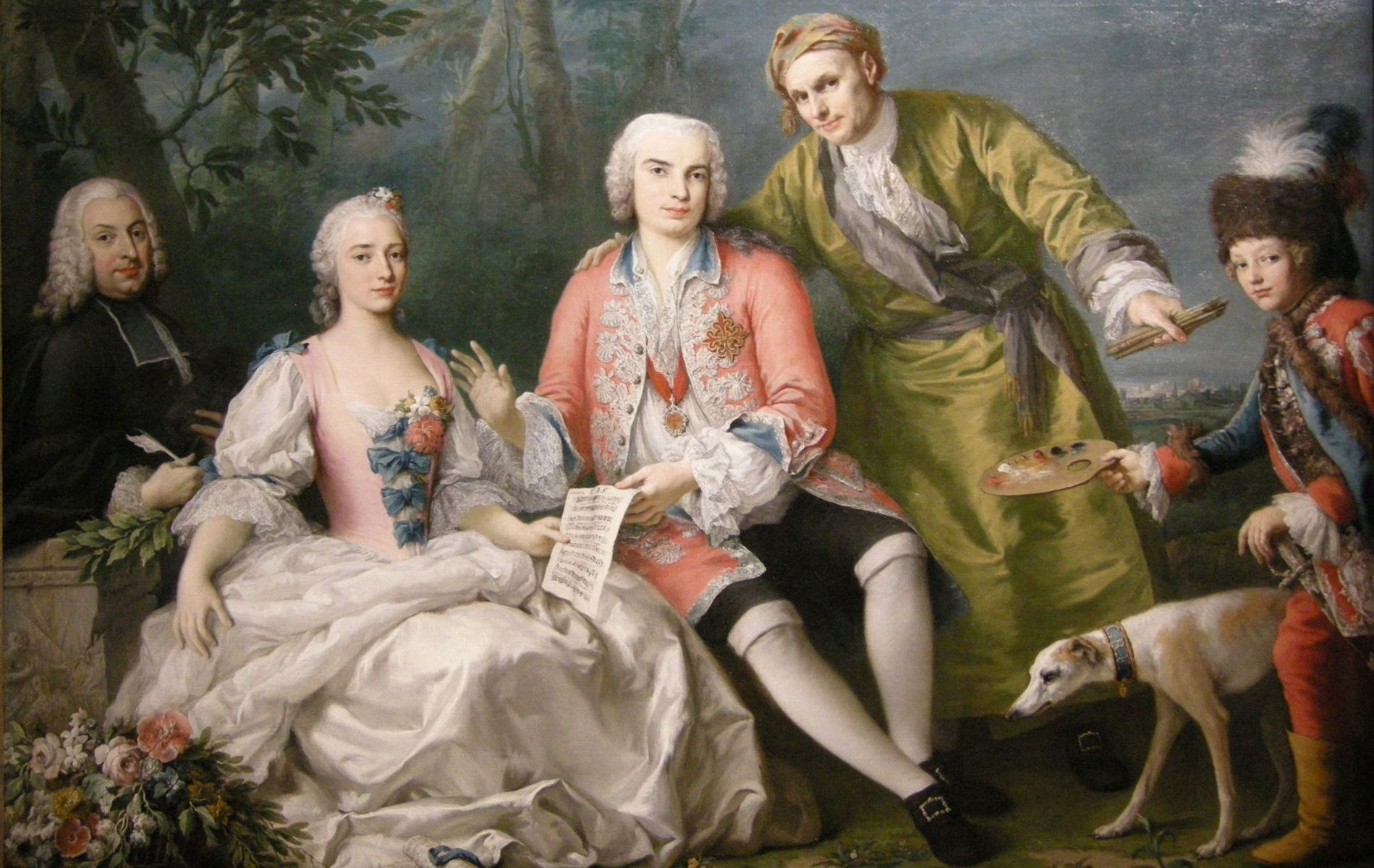Community, Leadership, Experimentation, Diversity, & Education
Pittsburgh Arts, Regional Theatre, New Work, Producing, Copyright, Labor Unions,
New Products, Coping Skills, J-O-Bs...
Theatre industry news, University & School of Drama Announcements, plus occasional course support for
Carnegie Mellon School of Drama Faculty, Staff, Students, and Alumni.
CMU School of Drama
Wednesday, September 25, 2019
Towards a Framework for Responsible Trans Casting, Part 1: Words, Words, Words
NewMusicBox: Nothing tests my conviction that cis people can write good trans characters like seeing the trans characters cis people actually write. In all the stories I’ve experienced across all forms of media featuring trans characters written by cis creators, only a handful haven’t been deeply misguided at best, and that number keeps shrinking because the creators who get it right keep coming out as trans.
Subscribe to:
Post Comments (Atom)

4 comments:
This article is highly informing and I believe that all writers who identify as cis and especially cishet, should read over what Brin has to say regarding trans representation and depiction. Cishet authors casually writing non-cishet characters to appear as “woke” is unfortunately not uncommon. It is important and just plain respectful to study up intensely before you think you can write an identity in which you have never experienced their marginalization. This is not to say, cishet authors cannot under and circumstances, write non-cishet characters, or white authors cannot write POC characters. Diversity in writing and media is important, but one must do what they can to assure the depiction they are publishing is appropriate and respectful to the community. I do like how Brin notes they are not speaking for every individual trans person, the article is their personal opinion, but likely the general opinion of the trans community. Along with this topic, not only writers must educate themselves, but actors as well. It is too often cishet actors get the opportunity to play non-cishet characters before actual non-cishet actors get asked. Representation of LGBT+ is just as important as racial representation. It is the same as whitewashing in the case of race. Scarjo is the culprit of both such offenses, in the case of a trans man and an Asian woman. Non-cishet actors, especially cis actors in the case of a trans role, must learn to step down, just as a white actor should not accept a POC role.
Coming from a cisgender I feel like I have been trying to learn as much as I can about this subject without much luck. I am really glad to see this article, because it provides a rather concise description of things you need to keep in mind and acknowledge when discussing trans issues or trans people. I think this article is something that almost ever cis gender person should read so that they can have some semblance of an understanding of the things being talked about. It is a complex topic that has a lot of variables, and so it can take time for people to catch up with the times, but having something like this rather than just relying on word of mouth or a person’s interactions with trans people (which may be very limited) to teach them how to talk about it is a great help. I think the discussion of the language behind this is really one of the most important things, because it is the words we use to define it that help legitimize and ground it in a way that other people who might not understand it can approach and wrap their head around. Language is always changing and evolving to suit the needs of the people who are speaking it which I think is a beautiful thing that should always be embraced.
I agree with Mia in the comment all writers and frankly all theatre artists should read this article as the theatre is about exploring cutting edge and how can you do this without being informed. I also agree with Mia in that it is strong that Brin points out that this isn’t every opinion of every individual trans person. The amount of times, I have been tokenized is ridiculous and I’m glad this article takes into account how people shouldn’t be tokenized. Something great that the author does is be respectful. Not just in her content but in how she talks about the issue. A lot of issues would be solved if people were just respectful. It’s one thing to say no offense but also embodying that phrase is a whole separate issue. I agree with Cooper that this article is very helpful in including a lot of important information in a concise manner. This article mentions a lot how influx this language and these ideas are and I think this is an important reminder when it comes to being an ally to anyone - things change. The amount of times in my lifetime that terms regarding first nations people have changed is astounding and I am only nineteen years old. Terms change so quickly and I’m glad that this article has pointed that out.
Diversity in media is lacking but important, but diversity for the sake of diversity is still empty. I am ever wavering on my stance between diversity for the sake of diversity, as long as well written, is good, and only informed diversity is true representation. My stance now is that uninformed diversity is not true diversity, not truly representative. I believe the basic requirement of informing oneself about a minority group is to first understand the language of said group. Without the proper language, there is no proper way to communicate; with no communication, there is no respect; without respect, there is no informed diversity. I appreciate the thoroughness of Solomon's article in laying out the foundations of trans history, listing terminology, and stating in no uncertain terms that their writing of the article is by no means representative of all trans people, but information gathered from experience by others and by self.
Post a Comment